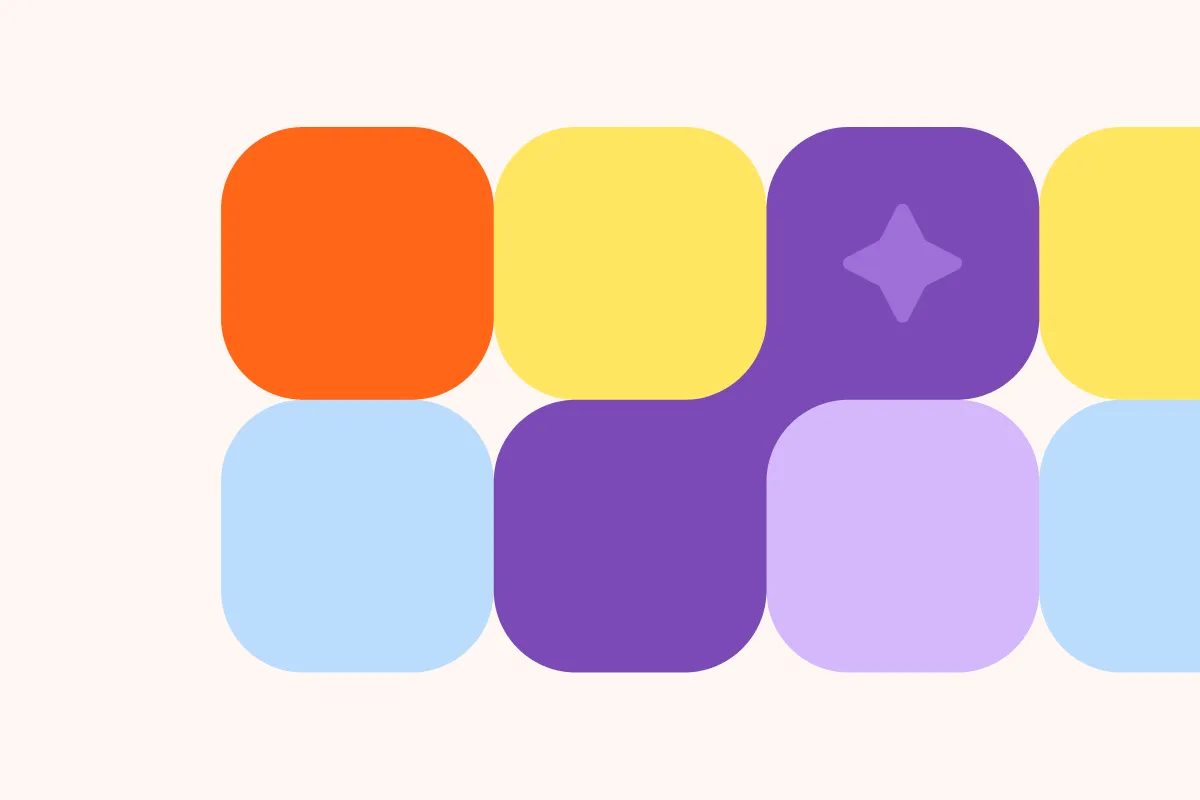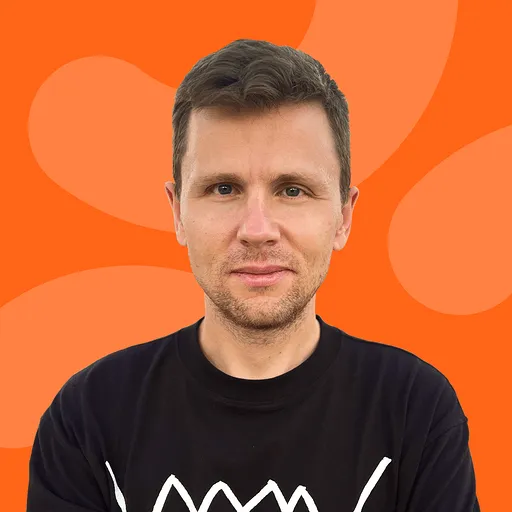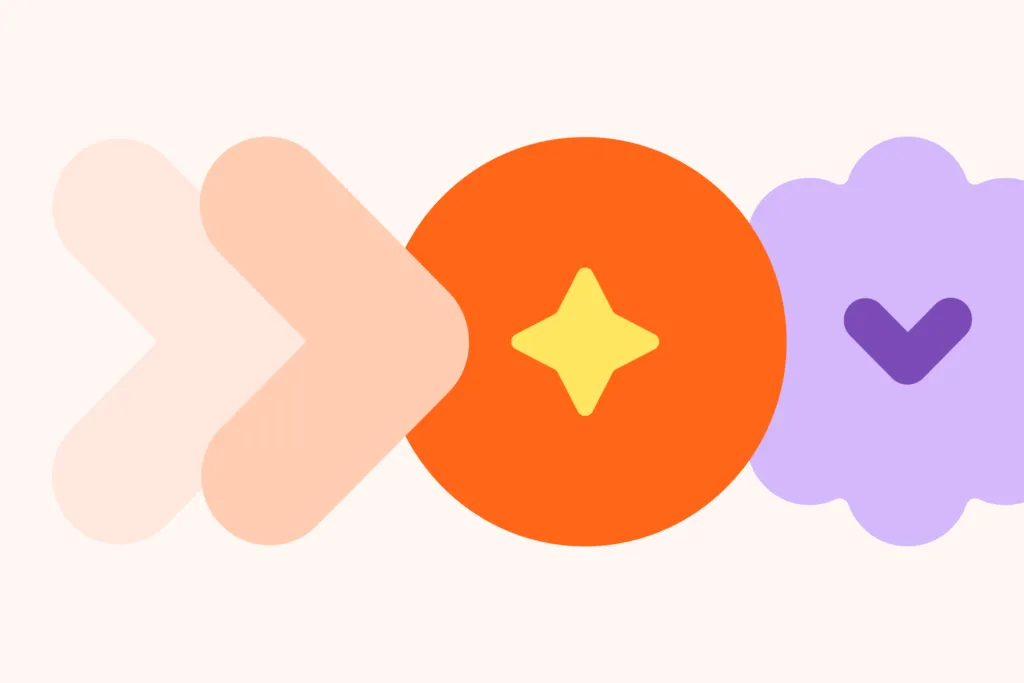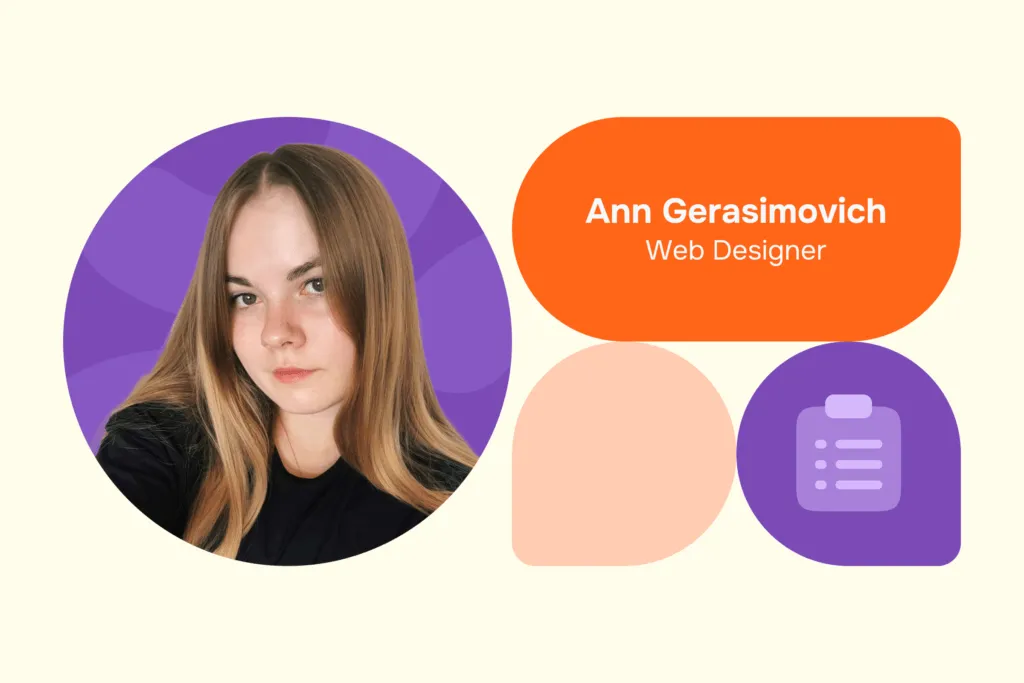List of 10 Great Books That Are Worth Your Time
Yuri Yurchuk
April 23, 2024

This World’s Book Day, Aimers CEO Yuri Yurchuk shares a list of 10 great books for you to read – whether you are currently in the role of the CEO, or aspire to be one in the future. Check it out!
The Hard Thing About Hard Things: Building a Business When There Are No Easy Answers by Ben Horrowitz
One of my go-to books for inspiration. I consider Ben Horrowtiz to be my mentor, as he is an incredible man who has built several remarkable companies. This book delves into the most challenging aspects of the CEO’s job – tough and not so obvious decisions that all leaders must face.
“People always ask me, “What’s the secret to being a successful CEO?” Sadly, there is no secret, but if there is one skill that stands out, it’s the ability to focus and make the best move when there are no good moves. It’s the moments when you feel most like hiding or dying that you can make the biggest difference as a CEO.”
I'm now re-reading this book for the third time and still find relevant ideas and hands-on advice. I would suggest this book to any aspiring leader.
The Boutique by Greg Alexander
This book is all about building a services company, chock-full of cool insights.
“A change to your pricing strategy is, perhaps, the quickest way to scale. Why? It does not require an investment in people or money to implement.”
When I read this book, I get many confirmations about things that we are doing right at Aimers. I also get ideas on what we can further optimize and how to grow as an agency. We've already put many of the practical tools from this book into action.
The Subtle Art of Not Giving a F*ck: A Counterintuitive Approach to Living a Good Life by Mark Manson
Switching to the genre of popular self-help titles, I should mention this one.
This book isn't about "Not Giving a F*ck", actually. It's more about focusing on what matters and dismissing what doesn't; it's about focus and setting the right priorities. It emphasizes the fact that everyone has problems. You should not believe that anything you do will remove all of your problems, and place you into some “happily ever after” state. What we can do, however, is choose the problems that we want to have and that are consistent with our values, mindset, and lifestyle.
The Daily Stoic: 366 Meditations on Wisdom, Perseverance, and the Art of Living by Ryan Holiday
This book had a significant impact on me and introduced me to the whole philosophy of stoicism. Because of it, I got to read other good works on this subject, including How to Be a Stoic by Massimo Pigliucci and A Guide to the Good Life: The Ancient Art of Stoic Joy by William B. Irvine.
I would define stoicism as a “software” that allows humans to live fulfilled and happy lives. It teaches how to respond to problems, unexpected changes, and other challenges. It talks about separating what’s in our zone of control, and what isn’t, and concentrating on the former. Stoicism appeals to me as a very practical and experiential philosophy – it’s all about real life implementation. That was the case for the Ancient Roman practitioners, and it’s also true for us in present times.
Mind Over Mood: Change How You Feel by Changing the Way You Think by Dennis Greenberger and Christine A. Padesky
When I discovered that stoicism served as the foundation for cognitive behavioral therapy, I was eager to learn more. CBT is a very hands-on discipline that helps people to overcome depression and anxiety. This concrete book offers a number of good tools, like journaling, for gaining a deeper understanding of oneself and dealing with emotional challenges.
“There are five parts to any problem: environment/life situations, physical reactions, moods, behaviors, and thoughts. Each of these five parts interacts with the others. Small changes in any one area can lead to changes in other areas.”
It’s a pretty good book, especially for those interested in psychology.
Games People Play: The Psychology Of Human Relationships by Eric Berne
An old yet worthy psychology classic that I've been meaning to read for quite some time. I can't claim it has completely revolutionized my world view, but it does include some solid insights concerning social dynamics. According to Berne, each of us has at least three alter ego states: Parent, Adult, and Child. These play out in various real-life situations, partly as a game dynamic. The book has definitely expanded my understanding of human relationships.
This Is Marketing: You Can't Be Seen Until You Learn to See by Seth Godin
A very cool book about marketing written in Seth Godin’s unmistakable style. It nicely summarizes the key points of Godin’s approach to marketing.
“Marketers don’t use consumers to solve their company’s problem; they use marketing to solve other people’s problems.”
If we apply it to our work here at Aimers, it helps us to shift our perspective. When a new client comes on board, it's easy to start thinking of leads and other concrete KPIs straight away. But what if we frame our purpose as actually assisting our client's clients solve their problems? Things naturally fall into place that way, as this new perspective (caring about our clients' clients) effectively addresses our client's needs as well.
Outlive: The Science and Art of Longevity by Dr Peter Attia
(I occasionally enjoy reading Attia’s blog, so I got his book, too.) This is a very in-depth look at healthy living and how various aspects of our health interact with each other. It also offers excellent advice on how to care for oneself in order to maintain vitality as you age. A valuable takeaway for me has been that while nutrition and sleep are vital, the right physical exercise can have a massive impact on our health.
Dune by Frank Herbert
To add some fiction to the mix, I’d like to recommend Dune, which I’ve recently begun re-reading. There is a lot to like about this novel, including intricate world building, profound themes, and a complicated storyline. For me, it’s also about the transition from boyhood to manhood, which resonates with me as a father raising a young son. Dune is also about strategy and multi-level plans, the kind of plans that account for the 10 steps ahead. (In my view, this totally secures this book a spot on the CEO’s reading list.)
Scaling People: Tactics for Management and Company Building by Claire Hughes Johnson
A hands-on book about building and growing teams authored by a Google and Stripe executive. She nicely summarizes the experience of organizing and managing large teams, including how to hire the right people. It’s a great guide for company builders and managers who face challenges and want to step up their game.
FAQs

February 3, 2026

February 2, 2026

July 10, 2024









